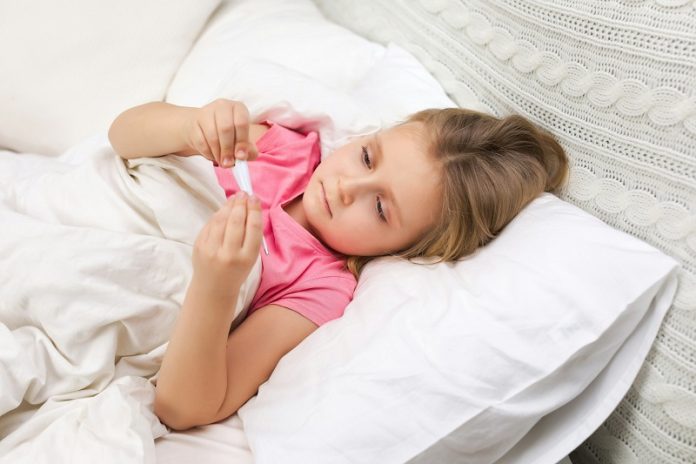
A new study from the Kennedy Krieger Institute reveals that most children with long COVID are likely to experience a condition called orthostatic intolerance (OI), which affects the body’s ability to regulate blood pressure and heart rate when standing up.
As a result, many children feel dizzy, lightheaded, or fatigued and may even struggle with “brain fog” or difficulty thinking clearly.
Orthostatic intolerance includes conditions like postural orthostatic tachycardia syndrome (POTS) and orthostatic hypotension, both of which are commonly found in children with long COVID.
The study shows that 67% of the patients experienced dizziness, while other common symptoms included fatigue (25%) and body pain (23%).
These symptoms worsen when standing up but improve when lying down, making it challenging for children to engage in everyday activities like attending school, exercising, or socializing.
This severely impacts their quality of life.
The research, conducted at Kennedy Krieger’s Pediatric Post-COVID-19 Rehabilitation Clinic, found that 71% of the children studied had at least one form of orthostatic intolerance.
Dr. Laura Malone, the clinic’s director and senior author of the study, emphasized how important it is to screen for this condition in children with long COVID, as symptoms like dizziness and fatigue can often be missed without proper testing.
“These findings show that orthostatic intolerance is common among children with long COVID,” said Dr. Malone.
“Out of the 92 children we studied, 65 were dealing with symptoms like dizziness and fatigue caused by OI. Identifying and treating this condition early can help these kids get back to their normal routines.”
The study highlights the need for a multi-faceted treatment approach. Researchers suggest that increasing salt and fluid intake, along with exercise and physical therapy, can help manage the symptoms.
Additionally, medications to control heart rate and blood pressure are being considered, though more research is needed to fully understand OI and its treatment.
“Our goal is to provide more targeted treatments that will help these children recover,” Dr. Malone said.
“This study is just the beginning, and we hope it encourages further research to better support children with long COVID.”
The research was published in the journal Clinical Pediatrics.
If you care about COVID, please read studies about vitamin D deficiency linked to severe COVID-19, death, and how diets could help manage post-COVID syndrome.
For more health information, please see recent studies about COVID infection and vaccination linked to heart disease, and results showing extracts from two wild plants can inhibit COVID-19 virus.



